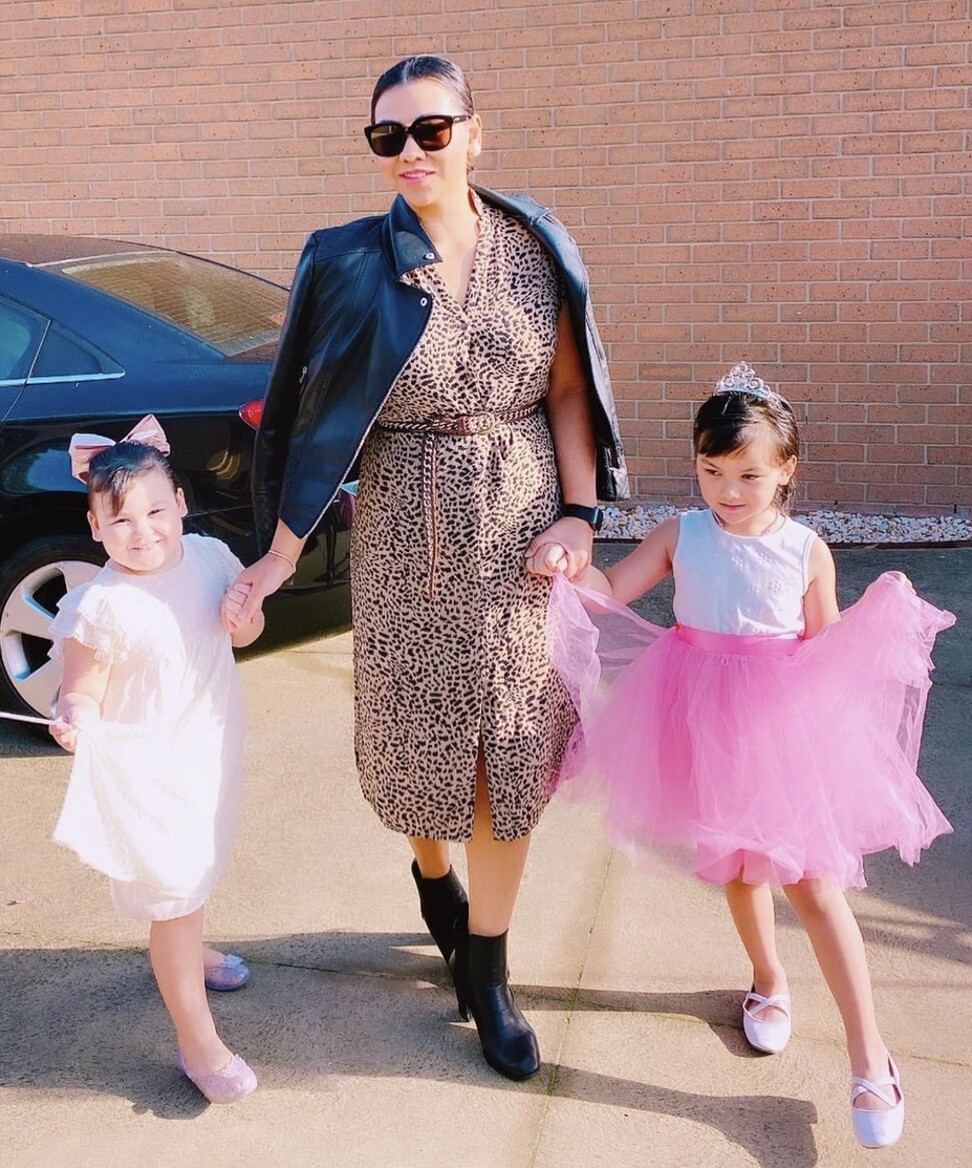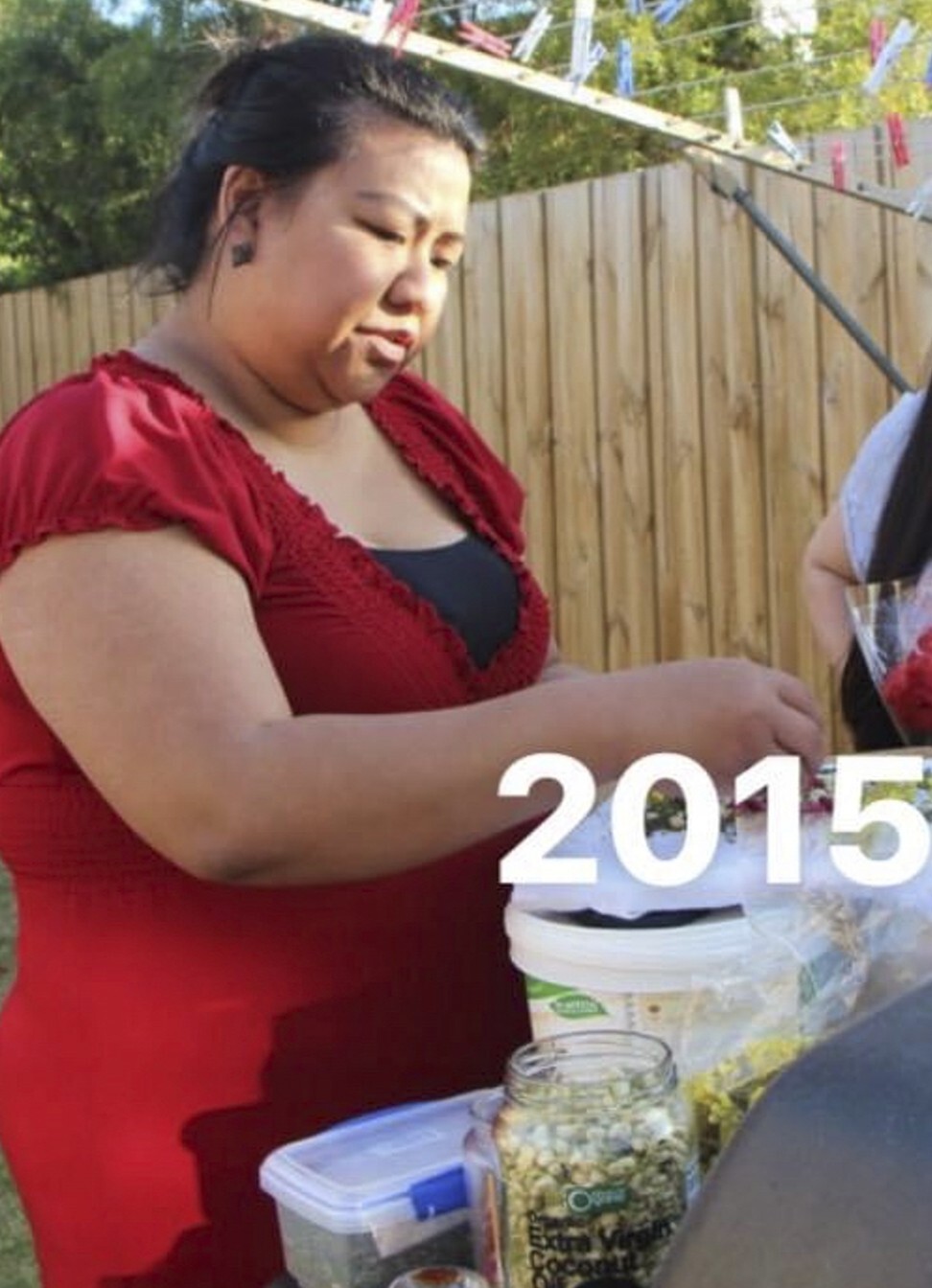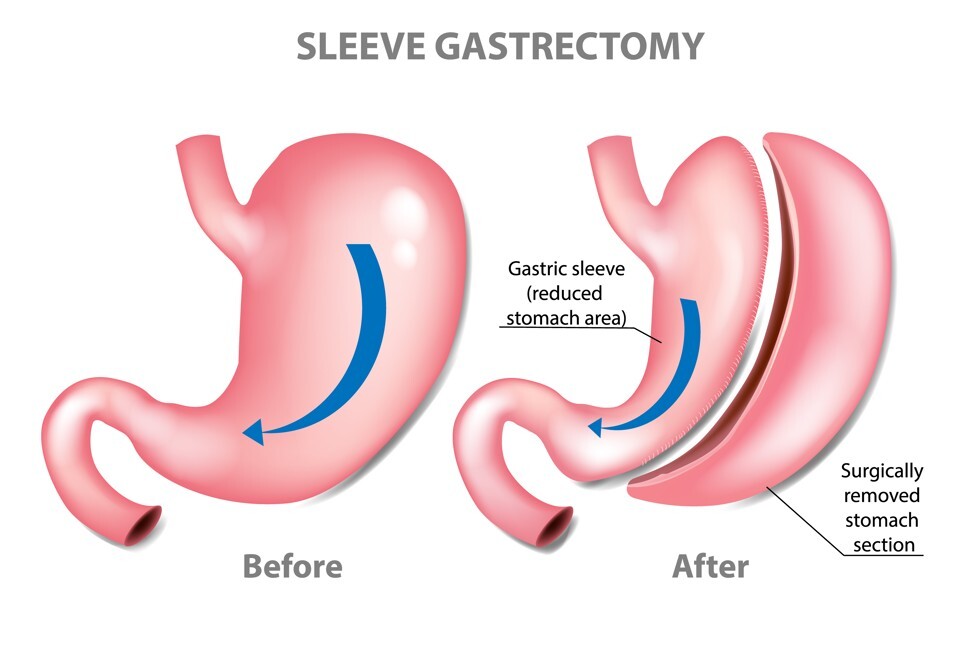
Weight-loss surgery saw her go from 130kg to 76kg and beat Type 2 diabetes – she had 80 per cent of her stomach removed
- Worried she would not live long enough to see her two daughters grow up, Rahimah Asmawi underwent gastric sleeve surgery, a type of bariatric surgery, in 2018
- The Singaporean Malay, who lives in Australia, is now 54kg lighter, no longer diabetic, eats more healthily and is a regular gym-goer
Rahimah Asmawi realised that if she did not do something to tackle her obesity she might not live long enough to watch her two daughters grow up.
In May 2016, the then 33-year-old Singaporean Malay, who lives in Melbourne, Australia, topped the scales at 130kg (286lbs). That year, while pregnant with her second daughter, she developed Type 2 diabetes and required insulin injections. Six months later she developed hypertension.
“If I keep going, what else am I going to get?” she recalls asking herself, and thinking that she could not see herself living beyond 40 if something did not change.
A reality check in 2017 prompted her to make a huge decision. In her job as a medical scientist specialising in sleep disorders at the time, she saw two patients, both 40 years old. One looked healthy. The other, an overweight diabetic with hypertension taking the same medications as Asmawi was, looked unwell. “I got a glimpse of what my future would be like,” she says.

When her endocrinologist proposed gastric sleeve surgery – not for the first time – and suggested that the operation could also rid her of diabetes as her diagnosis was still in its early years, she answered: “Get the ball rolling.”
Gastric sleeve surgery, also called sleeve gastrectomy, is a form of bariatric surgery performed for weight loss. It removes 75 per cent or more of the stomach, restricting one’s food intake. In recent years, this surgery has gained in popularity worldwide because of to rising rates of obesity and diabetes, and its success in helping patients lose weight for good.
How to turn your life around and get healthier
According to a survey of 18 countries in the Asia-Pacific region, 95,125 patients underwent bariatric or metabolic surgery in 2017; sleeve gastrectomy was the most popular type of surgery, accounting for 68 per cent of cases. The results were published at the Asia-Pacific Metabolic and Bariatric Surgery Society conference in Tokyo in 2018.
This operation is not without risks – it can cause patients to develop malnutrition, blood clots, and infections, and even to die, according to the Mayo Clinic in Rochester, New York. Asmawi tears up as she recounts the operation in March 2018 in which 80 per cent of her stomach was cut out.

“Every surgery has complications,” she recalls thinking. “I surrendered to a higher power, that whatever happens, happens, and said goodbye to my kids.” After a long pause from crying, she spoke. “I was doing it for them.”
She clarifies a misconception that those undergoing this surgery are taking an “easy way out”. “It’s not the easy way,” she says. “You have to learn to eat and drink again.”
Excess food or drink on a reduced stomach in the early days post-operation resulted in pain or vomiting for Asmawi. After a liquid diet for weeks, she gradually started eating puréed foods, then soft foods, then solid foods. “It’s like being a newborn again,” she says.
Patients must undergo regular check-ups to monitor their health, particularly a review of their nutritional health. For example, Asmawi took supplements including vitamins B12 and D after her surgery. “You will not feel hungry, but [need to] remind yourself to eat to get your nutrients and eat the right types of food,” she says.
Asmawi became more attuned to her body and its needs. She learned that too many carbohydrates made her lethargic, so she reduced her carb load. She eats healthier meals now, having bananas or a smoothie bowl in the morning, or toast for a snack.
I did not make smart food choices when I was younger. I want to make sure I live a healthier lifestyle, and my kids do, too
Eating late at night has also come to an end. “I can’t have a massive bowl of pasta now or rice because my stomach would hurt and I would feel sick,” she explains.
Her weight dropped fast. Post-surgery, she weighed 115kg. In the first six months, she shed another 30kg, to weigh 85kg. When the weight loss stalled, Asmawi began going to the gym for strength training.


Now weighing 76kg, she is 54kg lighter than she was at her heaviest four years ago and she aims to shed another 10kg in the next year.
She ended her career as a medical scientist to become a baby photographer. Now this energetic mum outruns her six-year-old and four-year-old daughters, particularly the younger one – her “pocket rocket”. “She used to outrun me,” Asmawi beams.
Importantly, her blood pressure and blood sugar levels are normal. On a visit to her endocrinologist a few weeks ago, she was deemed to be no longer diabetic.

Despite her renewed confidence, she worries about the pandemic. Recent research shows those with Covid-19 who are obese experience poorer health outcomes.
A review of 75 studies from Asia, Europe, and North and South America by the University of North Carolina at Chapel Hill involved nearly 400,000 Covid-19 patients’ data. Those with obesity were 74 per cent more likely to be admitted to intensive care and had a 48 per cent higher risk of death. The results were published in the Obesity Reviews journal.
“With my history with diabetes and hypertension, I don’t know how my body would react if I get Covid-19,” Asmawi says. “It does scare me.”
She is keen to continue to live healthily. “I did not make smart food choices when I was younger. I want to make sure I live a healthier lifestyle, and my kids do, too.”

